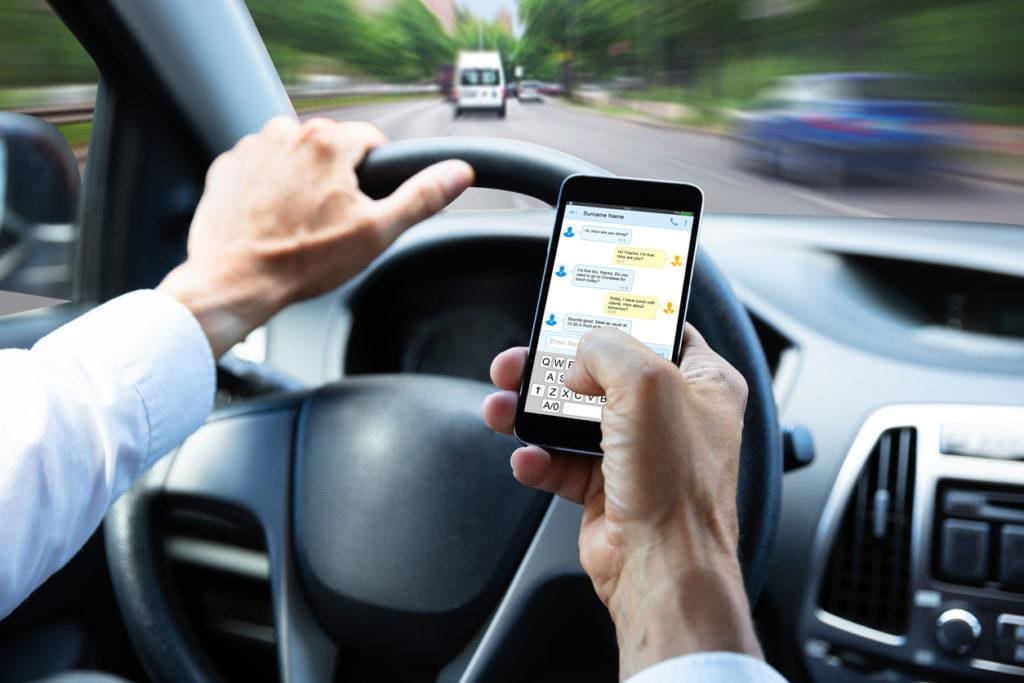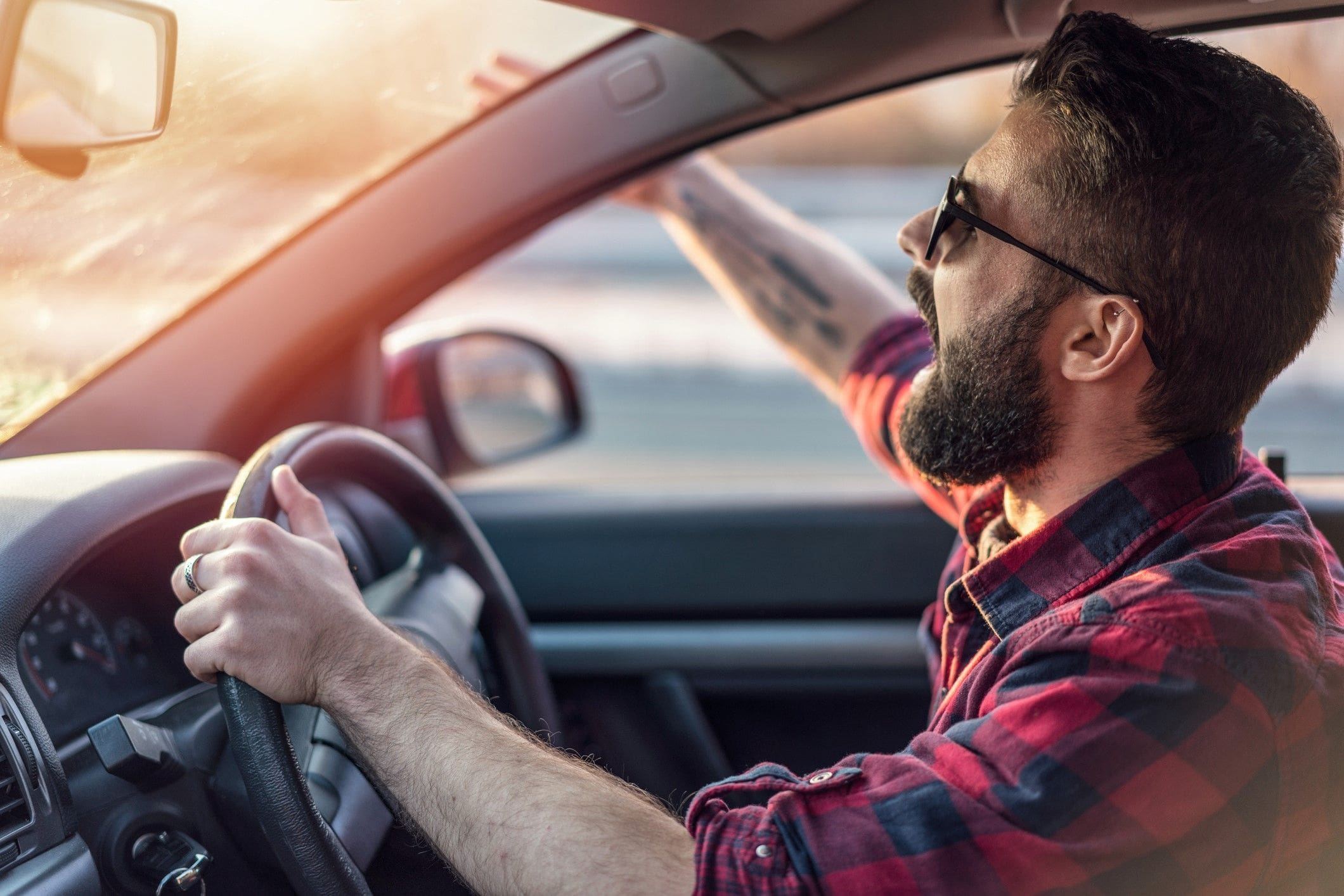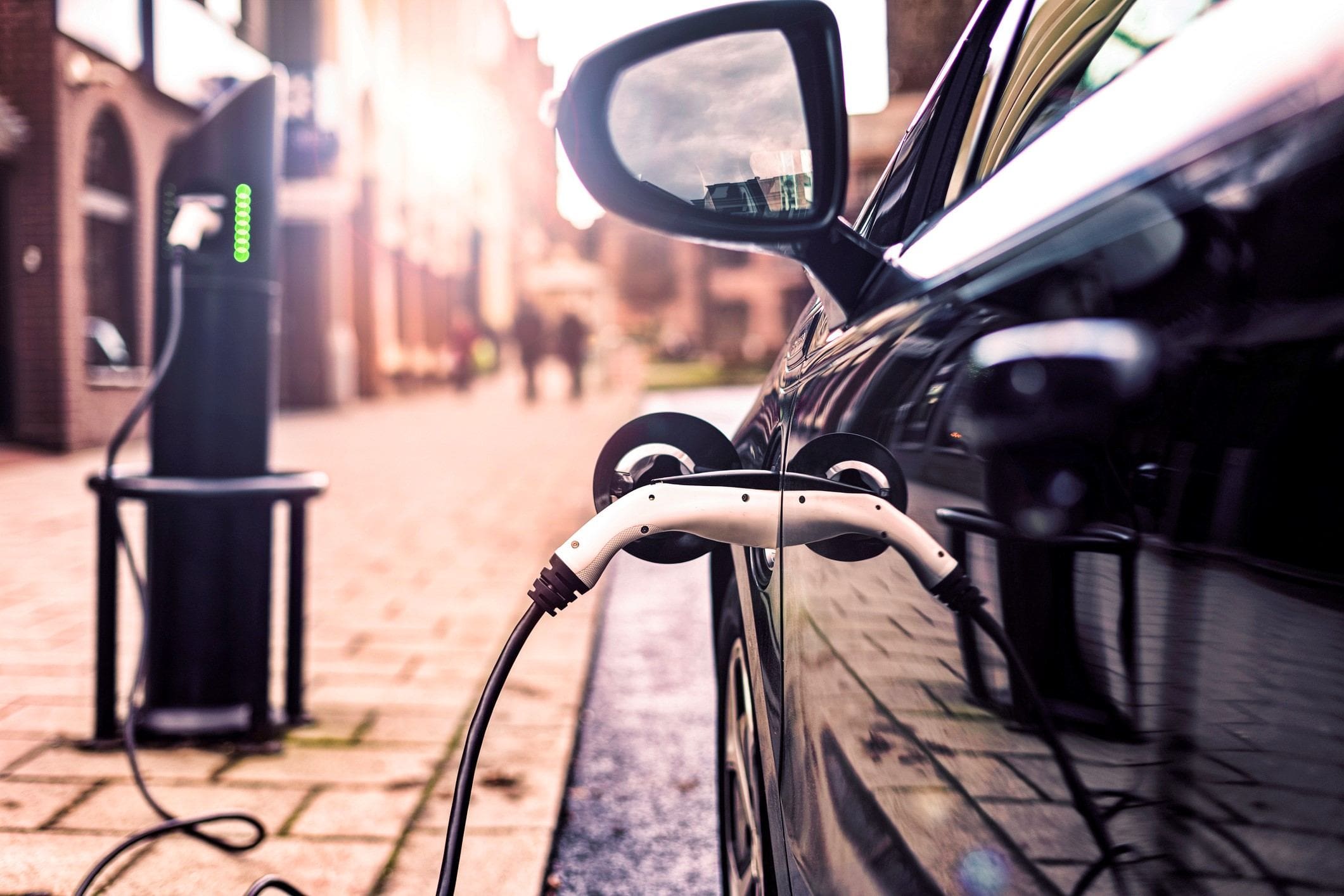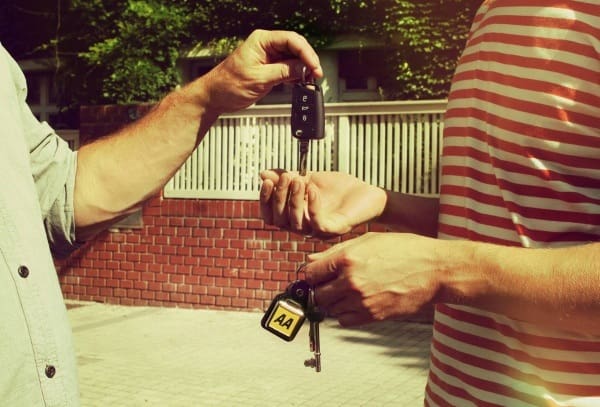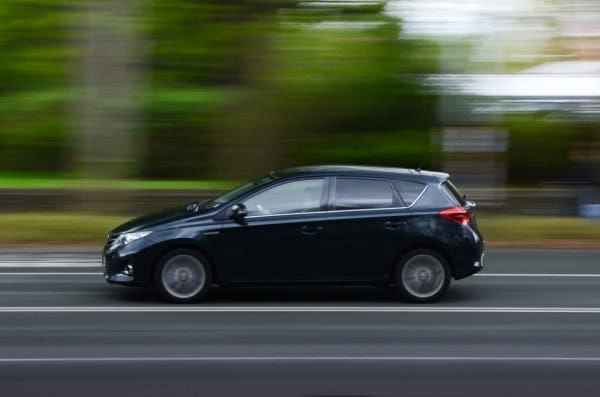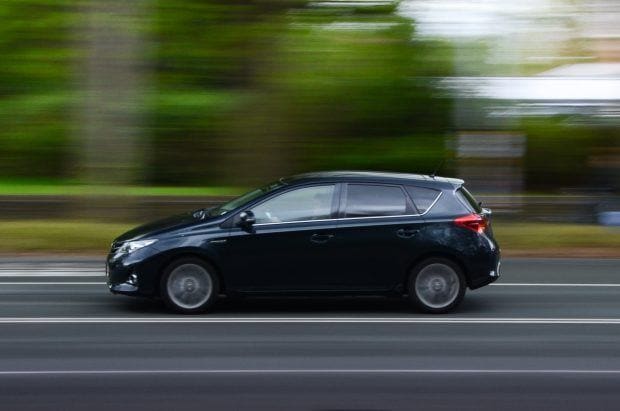By Anna Cullen and Lauren Beehan
Most drivers never use their phone handheld while driving, but half think that phone use by others is getting worse.
Those are the findings of a recent poll of 2,617 motorists by AA Ireland. Around half of motorists (48.2%) said the overall problem of phone use while driving has got worse in the last two years. Fewer than one in five think it has got better.
4 in every 5 motorists (79%) said they see other drivers using their phones for handheld calls or texts “often” or “occasionally”. Only 5% said they have not seen another driver on the phone in the last year.
However, only 2 in 5 say they have used their phones themselves while driving to make a handheld call, send or read a message, or check a notification. Most of these say they do this “rarely”. Only 1.6% of respondents admit to doing this “often”, while 59.7% say they “never” do so.
It’s a slightly different picture when stopped in traffic or a red light, but again very few say this a regular occurrence for them. 3 in 5 say they have done so, but mostly “rarely”. Just 4.5% say they “often” make a handheld call, send a message or check a notification when stopped, and 42.1% say they never do.
Last year, An Garda Síochána issued 24,474 fixed charged penalty notices to drivers for using a mobile phone while driving.
According to a Garda spokesperson: “Any interaction with a mobile device while driving is a distraction and may affect your ability to drive safely. If you are detected driving holding a mobile phone in your hand, or cradled in the crook of your neck, you face a fixed charged penalty notice of €60 and three penalty points on your driving licence”.
It is illegal to physically hold your phone (with any part of your body) while driving, and it’s also against the law to open, read or send a text message while driving.
The Garda spokesperson also stated that other charges may arise from distracted driving, including driving without due care and attention, careless driving and dangerous driving: “The message is simple, put your mobile phone away while driving”.
The majority of those surveyed (61.5%) said they want to see stronger penalties for phone use while driving.
AA Ireland Head of Communications, Paddy Comyn, said “This survey shows that most motorists feel that phone use is unacceptable. Most say they never use their own phone for handheld activities while driving, but they feel others do so regularly and think penalties should be more strict.”
The AA reminds motorists that even a glance at a phone can pose significant risk when you’re driving.
“While looking at a notification might feel quick, when driving at 120km/h on the motorway, a vehicle travels around the length of a soccer pitch every 3.5 seconds. In the 5 seconds it takes to manually dial a number, you could drive the length of a soccer pitch and a half without looking. Doing the same thing at 50km/h, a motorist would drive the length of 5 double-decker buses with their eyes off the road,” said Comyn.
It’s not illegal to make or take a call on a hands-free system, but RSA research shows that this can also be dangerously distracting for drivers. It diverts some of your attention from the road, and unlike when chatting with a passenger, the other person doesn’t have awareness of the situation or when to be quiet for a moment. Studies show that drivers say more when on the phone, compared to with a passenger.
Also in this survey, over 1 in 4 drivers say they have opened or changed a music app on their phone while driving in the past year. But, on the other hand, 70 percent say they “never” do this.
Over 95% of drivers surveyed said they “never” take photos while driving.





